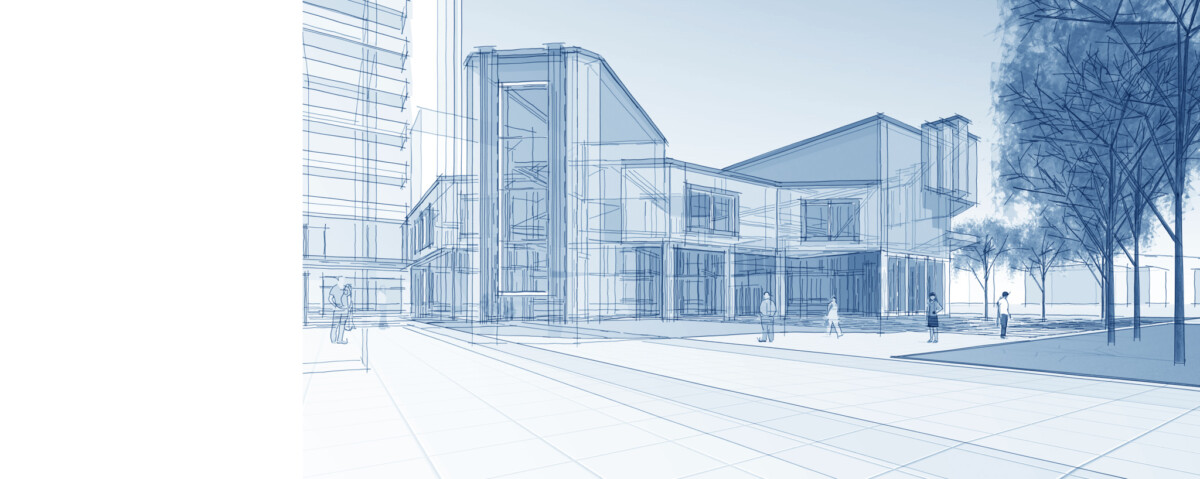Virtual Reality in Property Marketing: The Future of Real Estate
The real estate industry has always relied heavily on visuals—photos, videos, staging, and walkthroughs—to help buyers connect emotionally with a property. But in recent years, virtual reality (VR) has completely transformed how potential buyers explore homes, experience spaces, and make purchasing decisions. From immersive virtual tours to interactive design customizations, VR is becoming one of the most powerful tools in modern property marketing.
Below, we’ll break down why VR matters, how it’s being used today, and what the future holds for real estate professionals who embrace it.
What Is Virtual Reality in Real Estate?
Virtual reality in property marketing refers to the use of 3D digital environments that let users “walk through” a property as if they were physically there. Unlike traditional photos or videos, VR gives viewers control—they can move through rooms, explore details, and experience the space at their own pace.
VR is used for:
- Residential and commercial property tours
- New-construction pre-visualization
- Virtual staging and design previews
- Remote buying experiences
- Luxury property showcases
It’s the closest possible experience to being on-site without actually stepping into the building.
Why Buyers Are Drawn to VR Tours
1. Immersive, Realistic Property Exploration
VR lets buyers feel “inside” a home, giving them a sense of space, flow, and scale that photos simply can’t capture. It’s not just watching a tour—it’s experiencing it.
2. Time Saving and Convenience
Homebuyers can view multiple properties in minutes, not hours. No need to drive across town or schedule multiple showings. VR is especially valuable for:
- Out-of-state buyers
- Relocation clients
- International investors
- Busy families
These audiences appreciate the ability to shortlist homes virtually before committing to an in-person visit.
3. Increased Emotional Engagement
The more immersive the experience, the stronger the emotional connection. VR allows potential buyers to imagine daily life in the property—walking through the kitchen, checking bedroom layouts, and even visualizing furniture placement.
Emotion drives real estate decisions, and VR deepens that connection.
4. Higher Confidence and Faster Decisions
A VR tour delivers clarity. Buyers know exactly what to expect, making them more confident when making offers. This reduces uncertainty and speeds up decision-making.
Why Sellers and Agents Love VR
1. Increased Visibility and Competitive Edge
Listings with virtual tours consistently receive more clicks, longer viewing times, and stronger engagement. In competitive markets, VR helps a listing stand out immediately.
2. Fewer Unnecessary Showings
VR filters out unqualified or uninterested buyers. When someone schedules an in-person tour after exploring the property virtually, they already know they’re legitimately interested.
This saves the seller time and reduces scheduling headaches for agents.
3. Perfect for Pre-Construction and Off-Market Properties
One of the biggest advantages of VR is the ability to market properties that aren’t physically built yet. Developers can show:
- 3D models
- Floor plans
- Future layouts
- Material options
- Design variations
Buyers don’t need to “imagine how it will look”—they can experience it in full detail.
4. Virtual Staging on a New Level
Traditional staging can be expensive and time-consuming. VR staging allows agents to:
- Add furniture
- Change colors
- Test layouts
- Visualize renovations
And because everything is digital, the possibilities are endless.
VR Tools Used in Real Estate Today
Matterport
The industry leader for 3D property scans. Creates highly detailed virtual walkthroughs available via VR headset, computer, or smartphone.
360° VR Video Tours
Filmed with cameras like the Insta360 or Ricoh Theta, these tours provide an immersive viewing experience without specialized software.
Architectural VR Experiences
Used by developers and luxury builders, allowing buyers to walk through customizable property models.
Interactive Design VR
Tools that let buyers switch flooring, paint colors, countertops, furniture, and more inside the virtual environment.
How VR Is Reshaping Buyer Behavior
1. Growing Demand for Remote Buying
More people are comfortable purchasing real estate sight-unseen when VR tours are available. Agents are reporting increases in:
- Out-of-state purchases
- International investor deals
- Digital-first buyer journeys
For some markets, VR has become essential, not optional.
2. Higher Expectations for Listings
Buyers now expect more than basic photos. VR tours are becoming the minimum standard for modern property marketing, especially for:
- Luxury homes
- Commercial spaces
- Vacation rentals
- New developments
A listing without VR can appear outdated compared to one that includes a virtual experience.
3. More Informed Buyers
VR empowers buyers to ask better questions, evaluate features closely, and understand the layout more clearly before touring in person. This shortens the sales cycle and makes negotiations smoother.
The Business Benefits of Using VR in Marketing
1. Faster Sales
Properties marketed with VR often sell faster due to increased visibility, stronger engagement, and higher buyer confidence.
2. Cost Efficiency
Once created, VR tours can be reused indefinitely. Compared to repeated in-person showings, the investment pays for itself quickly.
3. Global Reach
VR allows agents to showcase listings to international audiences without travel. A buyer in another country can experience a Detroit home as if they were standing inside it.
4. Enhanced Brand Authority for Agents
Agents who leverage VR position themselves as tech-forward, innovative, and modern. This attracts sellers seeking agents who deliver maximum value to their listings.
Future Trends: What’s Next for VR in Real Estate?
1. Full Metaverse Property Showrooms
Buyers will explore multiple listings within a shared virtual environment—almost like a virtual open house.
2. AI-Generated VR Renovations
AI will create instant remodel previews—showing buyers:
- What the kitchen looks like with a wall removed
- How the home changes with new flooring
- How a finished basement looks
This removes design hesitation and increases buyer confidence.
3. VR + Smart Home Integration
Future tours may include interactive features such as:
- Turning on the lights
- Testing blinds
- Adjusting thermostats
- Visualizing day vs night lighting
All within VR.
4. VR Headset Adoption
As devices like Meta Quest and Apple Vision Pro become more mainstream, VR real estate tours will accelerate dramatically.
Conclusion
Virtual reality is not just a marketing trend—it’s a transformational tool reshaping how properties are bought, sold, designed, and experienced. For buyers, VR offers convenience, confidence, and immersion. For sellers and agents, it boosts visibility, attracts serious leads, and accelerates transactions.
As technology advances, VR will continue to evolve, eventually becoming a standard part of property marketing worldwide. Agents and businesses that adopt VR early will have a clear competitive advantage in an increasingly digital real estate landscape.
Thank you for reading! If you enjoyed this article and want to explore more content on similar topics, check out our other blogs at Sonic Loans, Sonic Realty, and Sonic Title. We have a wealth of information designed to help you navigate the world of real estate and finance. Happy reading!
Are you looking for the right loan? Check out Sonic Loans for tailored mortgage solutions that make home financing simple and efficient.
Virtual Reality in Property Marketing: The Future of Real Estate The real estate industry has...
PropTech Trends Shaping Real Estate The real estate industry is experiencing one of the most...
AI in Real Estate: Current Applications Artificial intelligence has rapidly become one of the most...
Blockchain in Real Estate: Future Applications Blockchain technology, once synonymous only with cryptocurrencies, has rapidly...
Smart Home Features Worth Installing In recent years, smart home technology has evolved from a...
Allen Park vs. Garden City: Where to Invest in 2025 When you’re looking to invest...
Renting vs. Buying in Dearborn: Which Is Better? Dearborn, Michigan —a city rich in history...
What to Expect at the Closing Table in Home Closings The home-buying journey is filled...
Livonia vs. Garden City: Differences in Closing Costs When purchasing or selling a home in...









